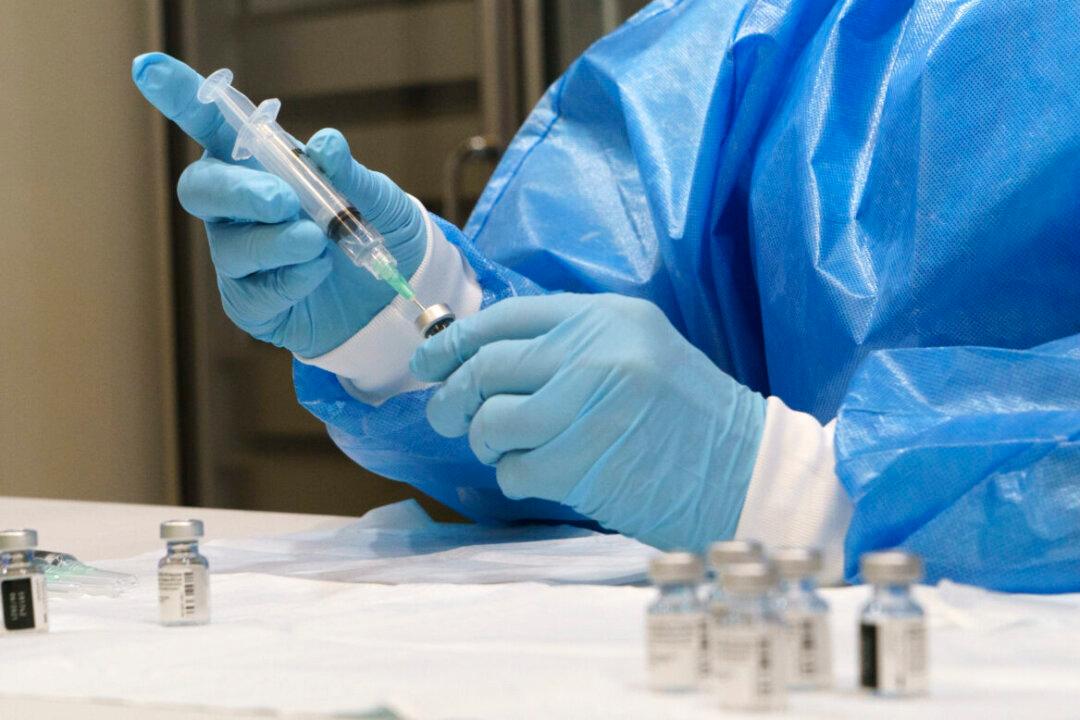The Vaccine Injury Support Program (VISP) has received 1,299 claims and paid out nearly $2.8 million in compensation to vaccine-injured Canadians, since it was established by the federal government during the pandemic, according to new figures published this month.
Fifty injury claims of a serious and permanent nature, out of a total of 221 reviewed, have been considered by a medical review board and approved for compensation, based on a “probable link between the injury and the vaccine.”





